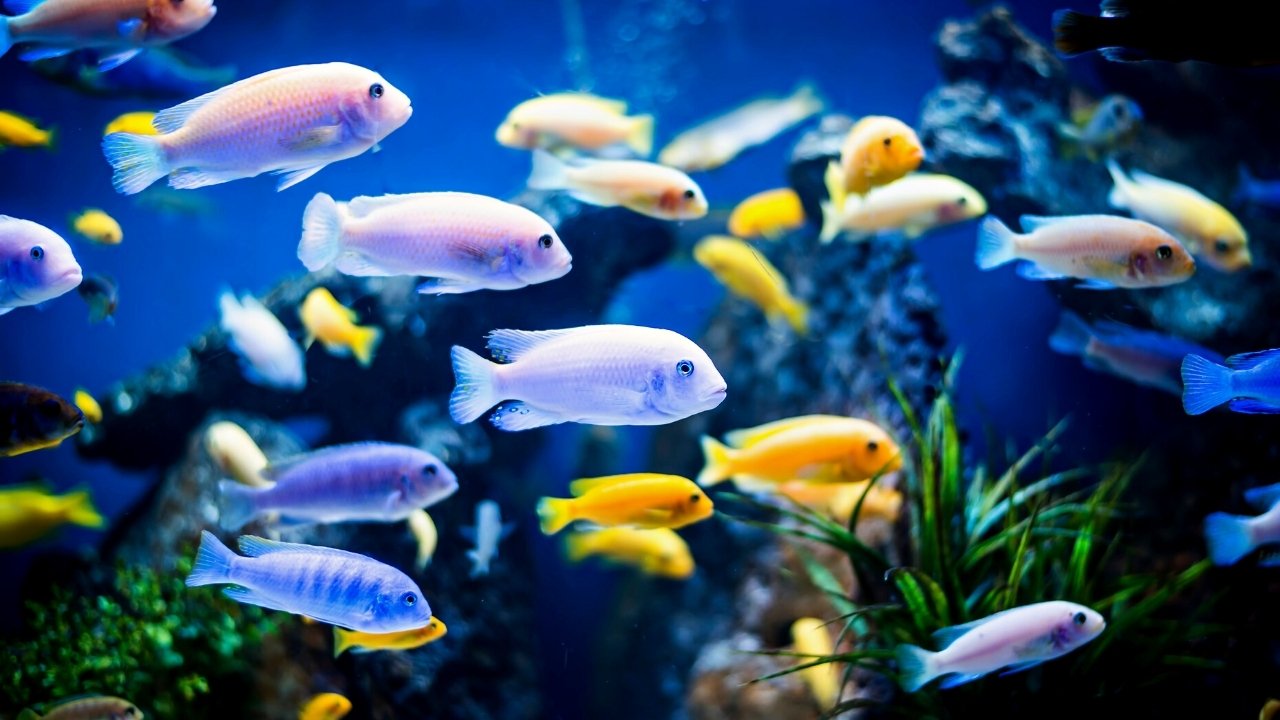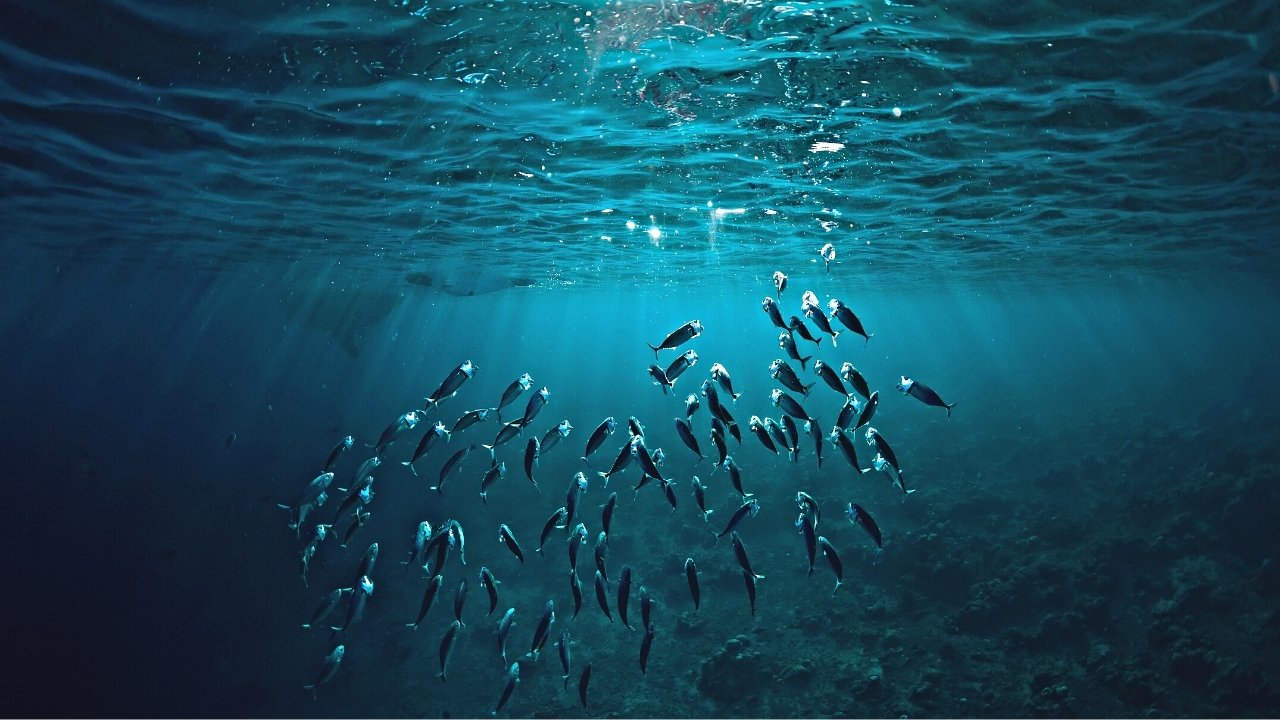The study reveals that the marine animals in the equator are most vulnerable to global warming since they are already living at the edge of heat tolerance.
Global warming is causing a devastating effect on the oceans at a much higher rate than on land. The most affected are local fish, molluscs, and marine animals. The marine animals are disappearing at a much faster rate than the land species.
The situation is critical in coastal areas and archipelagos where fish forms an important component of food. Global warming is forcing huge shoals of fish to migrate towards colder waters of the planet. However, this migration is putting severe stress on the fish population and the situation can get even worse in the coming years.
A research paper by Ove Hoegh-Guldberg, John F Bruno revealed that marine animals like fish, crabs and lobster may be living near the boundary of life-threatening temperatures. There is no place for these marine creatures to hide from the increasing temperatures of the ocean waters.
Researchers were more concerned about shrinking species on land but a more critical situation is existing in the oceans where the species are getting extinct at a much faster rate. Most of the oceanic species are poikilothermic. In other words, their body temperature is dependent upon their surrounding temperatures. These species are not like warm-blooded creatures that can moderate their body temperatures.

Some fishes can migrate towards the cooler polar regions. However, for the majority of marine animals, this is impossible. Either the cooler areas are too far away or the shallow waters of their habitat which include continental shelves are not continuous. This migration can severely affect the food sources of the adjoining areas which depend upon fish as their main source of proteins.
The locally available fish fulfils half the world populations’ protein requirements. The study reveals that the fishes in the equator are most vulnerable to global warming. The fishes in these regions are already living at the edge of heat tolerance.
Locally caught fish is an important source of protein for about half the world’s population, and the new study shows that some of those species near the equator are among the most vulnerable to global warming because they already live near the edge of their heat tolerance.
Many fish species have already disappeared especially fishes like the damselfish and cardinalfish which live in the coral reefs have become extinct. The health of the coral reefs is already in danger and the bleaching of corals in the last 10 years equal that which have happened in a thousand years.
The migration of the fishes to the colder waters in the north and the south is forcing the boats which catch fish to sail further in the quest for fish. Experts say that Boats have to travel further by 600 kilometres often leading to a hike in the costs.
The worst thing for marine animals is they don’t have any refuge. A lizard which is a cold-blooded animal can crawl under a rock to a cooler location. However, this is not possible in the ocean. Coastal fishes are the major source of food and are accessible to the coastal communities.
The ocean-going species can dive deeper into the colder waters. However shallow-water fishes and fishes living on the continental shelf don’t have this option. In the near future as the population of coastal fish falls, mankind will lose its best source of protein.


